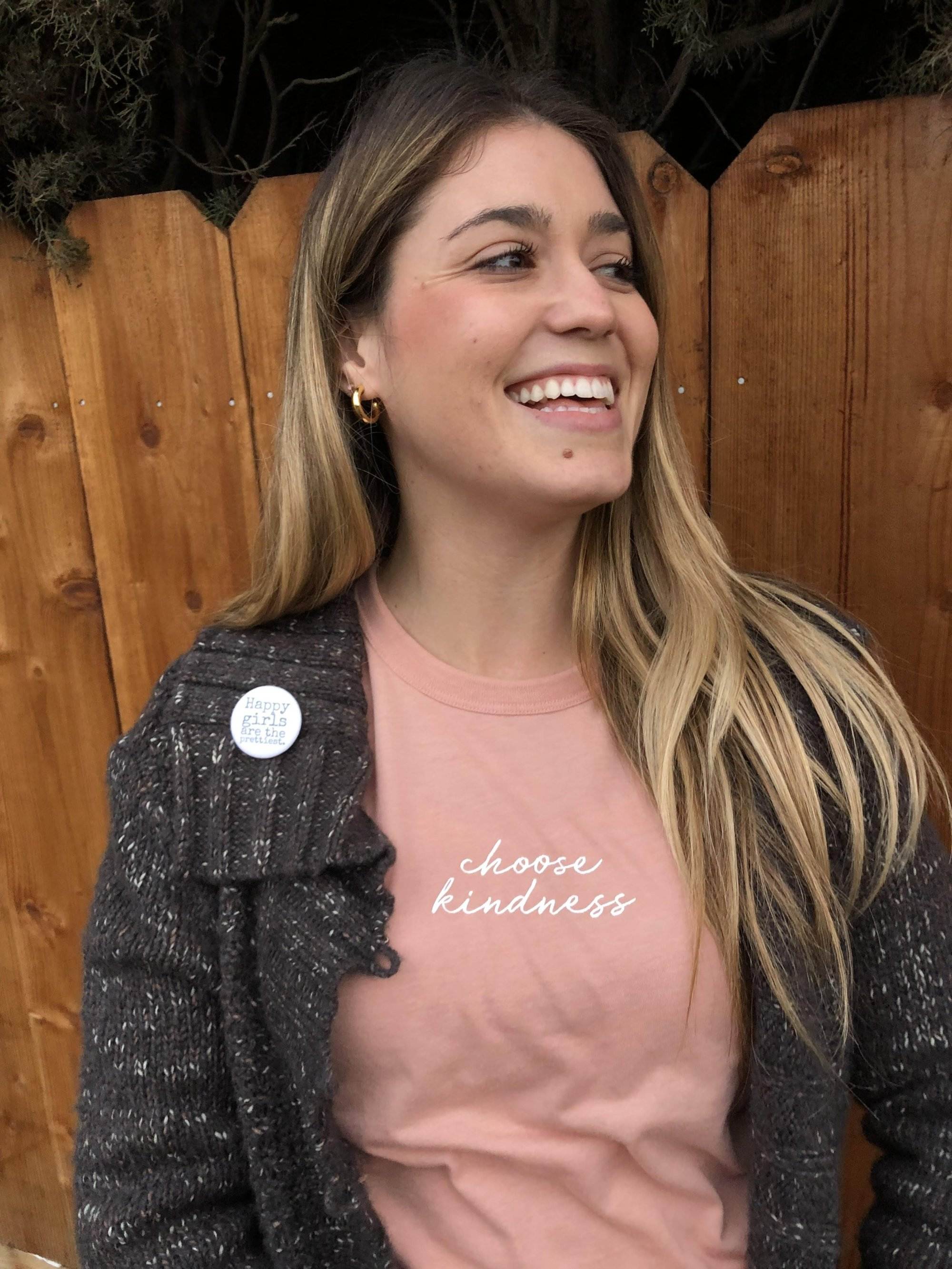
By Cathleen
Foster care is not just a temporary state of being. In fact, I’d like to say that once impacted by foster care it really is for life. Many people think that once you exit the foster care system, that’s it, you’re done with foster care and move on in life. However, just like anyone else who experiences trauma or challenges during childhood or even later on in life, foster care leaves an imprint on those who have experienced it.
Don’t get me wrong. I am in no way saying that foster care is only bad. In fact, my foster care experience was probably one of the best things that has ever happened to me. My legal guardianship was actually a harder place for me, the one I still struggle with and reflect on daily. Guardianship was where I was emotionally and mentally abused whereas foster care is where I learned and thrived. Part of this was due to my age and type of foster care placement. I was in legal guardianship for nine years, and foster care for four years, I didn’t actually enter formal foster care until the age of seventeen. Thankfully, AB12 was passed prior to my move into foster care which allowed me to remain in care from seventeen until I turned twenty-one under a foster care mentor placement.* My experience in foster care looked very different from others being that I was almost an adult and would soon be going to college. I even had a full-ride scholarship that paid for me to live in the dorms throughout my undergraduate career so I would be living on campus instead of with a foster family. Of course, I would still need to do monthly check-ins with my social worker and would need a place to go home to during the holidays and long breaks like summer, so that is where my mentor placement came into play.
My foster family actually ended up being my highschool art teacher and her family. While their only commitment to me was to mentor me in becoming more independent and provide me a place to stay during those break times, I found myself going home weekly for dinners and on weekends to do laundry. I went on family trips and always found myself there on holidays. They truly mentored me and helped me grow and become the young adult that I am today.
In 2017 I graduated from Fresno State, I then moved to Los Angeles, where I attended UCLA for my Master’s in Education and Multiple Subjects Teaching Credential. While away I learned to be even more independent, to get out of my comfort zone and all that I had known in Fresno. I learned to be a small fish in a big pond rather than a big fish in a small pond. After my two years there, I moved back home to Fresno to teach and settle down with friends and family.
Now, I am almost 27 years old. I recently got married and bought a house with my husband and I am a 1st grade teacher in a local elementary school. Life looks very different then it did back then, but the challenges of being a former foster youth still remain. The challenges look a little different now and they will continue to evolve as I grow in life and relationships. Right now, those challenges mean working through childhood trauma, trying to balance adult relationships with my biological and foster families, along with my husband’s family. Learning how to set and maintain boundaries while also trying to keep in touch with friends and family and work through the demands of being a teacher in a post-covid year.
Being recently married has been wonderful, but also complicated as we look ahead and look forward to growing our family. I continuously think about how I am as a wife and what I will be like as a mother. I often wonder if I won’t be able to care for my children like my mother couldn’t care for her children – or fear that I may hurt my future children like my guardians did with me. I don’t want to make those same mistakes and often put too much pressure on myself to continue to pave the way for success without failure in any part of my life. Almost as a need to prove to others that foster care does not equate failure. To outlive and push through the statistics and stigmas that surround the label that I choose to share and own for the rest of my life as a former foster youth. Just because I didn’t have a traditional family or a normal upbringing doesn’t mean I can’t have a normal future. Or even just because it’s different doesn’t mean it won’t be beautiful and unique, it will be just as God has meant it to be. For myself, other foster youth, and even adoptive youth these questions about family, belonging, and identity continue throughout the rest of our lives. And to that I say, ‘welcome to life “after” foster care’.
